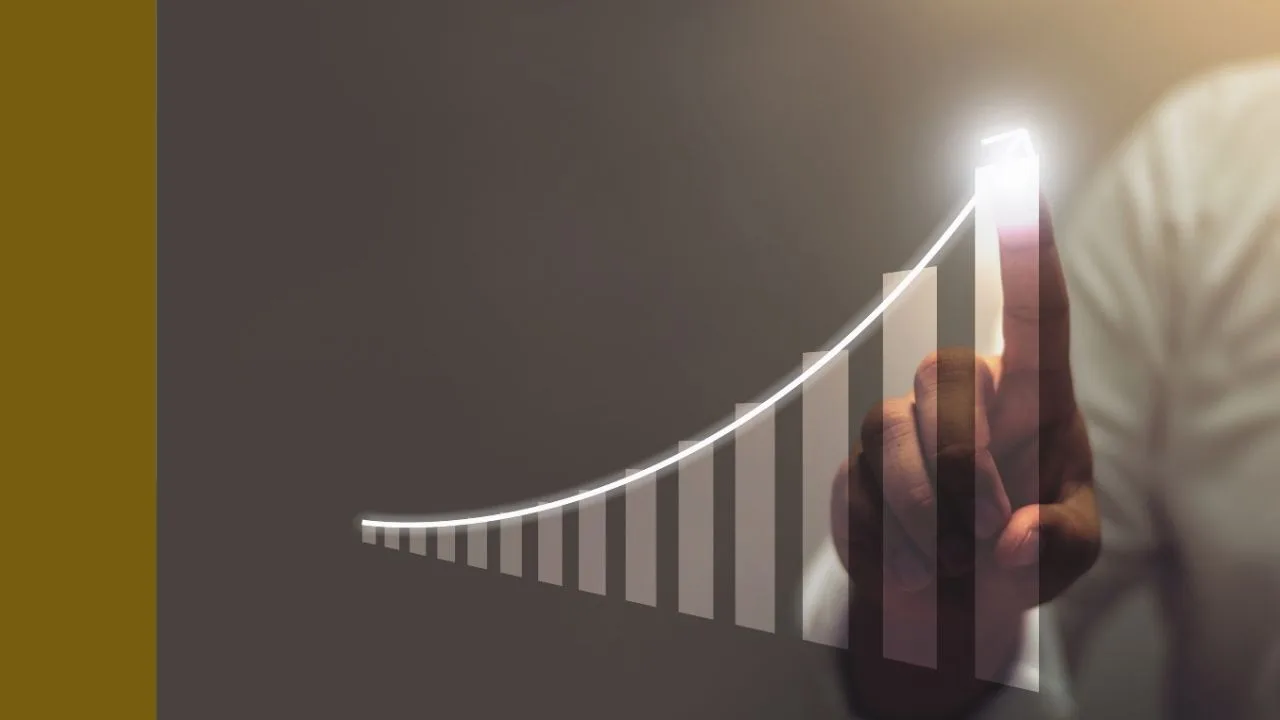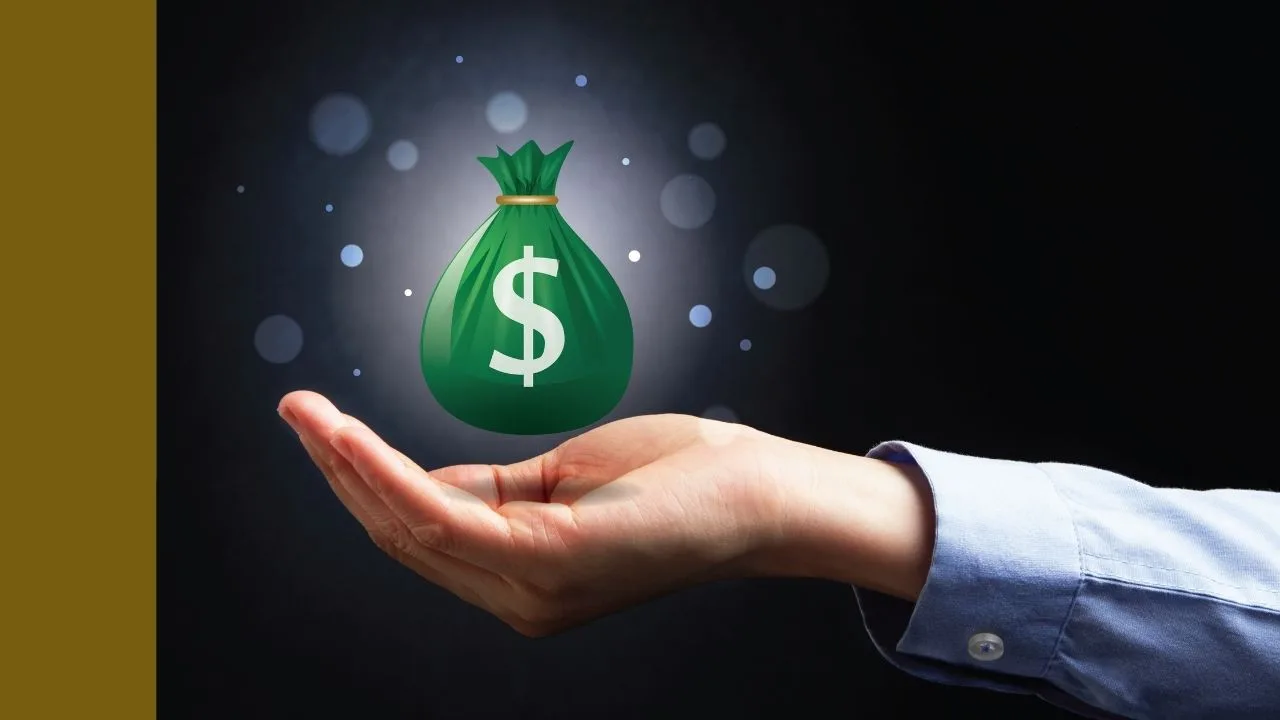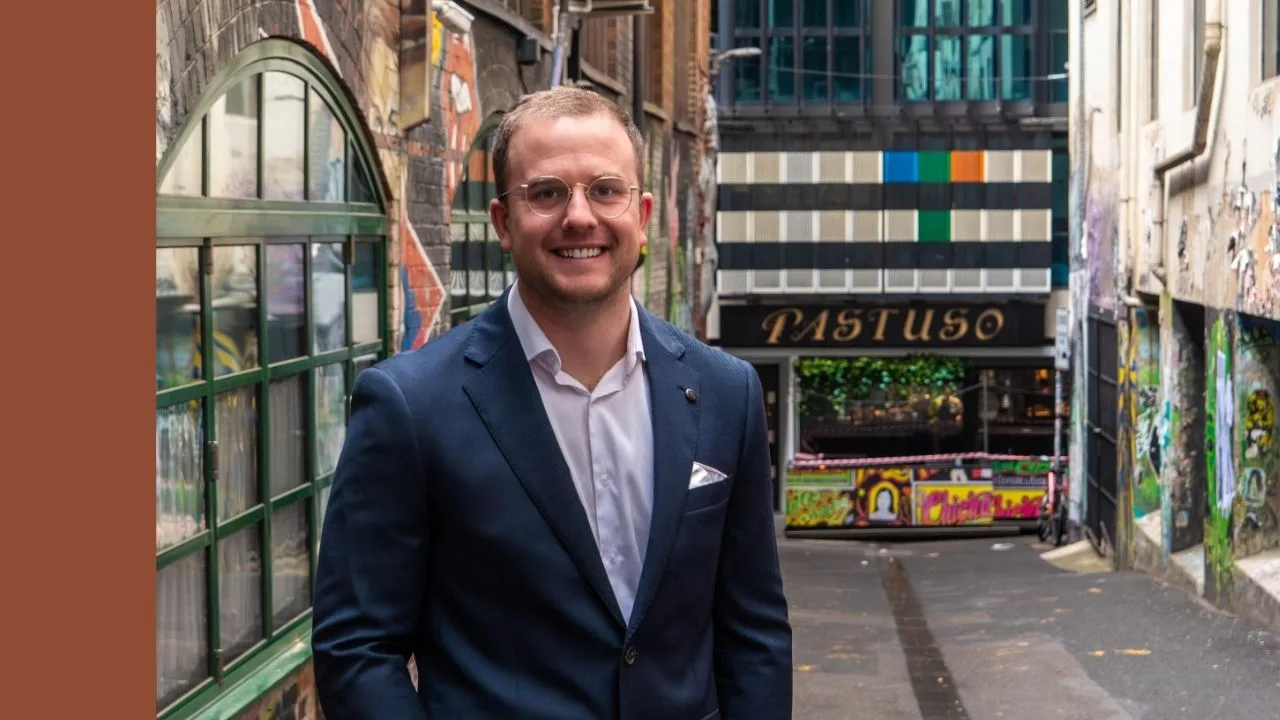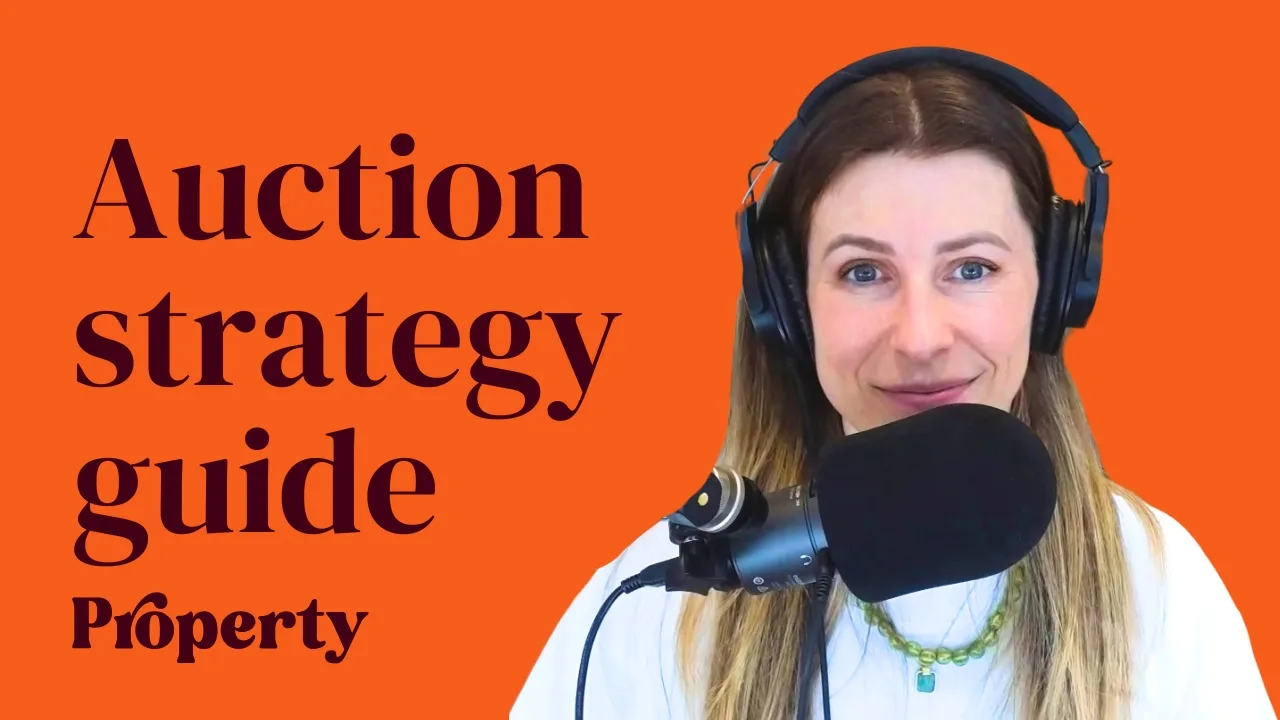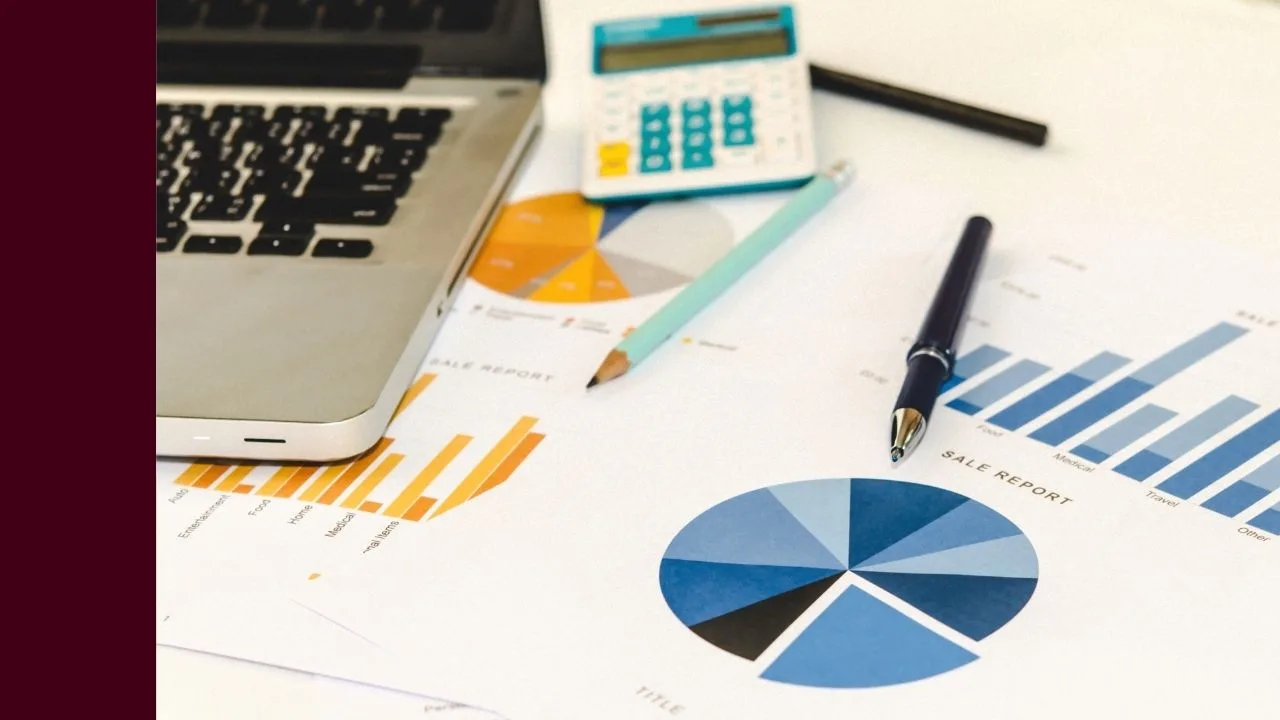Ethical investing, responsible investing, ESG investing, sustainable investing, impact investing… is it everything it’s cracked up to be?
Over at Rask Education, our free website for investing and finance courses, we’re preparing to launch our brand-new Ethical Investing 101 course. You can enrol today, but the course won’t be fully complete until this Friday (Good Friday!).
It’s a totally free course designed to help you consider more than just profits and dividends when you choose which stocks to buy, ETFs to invest in or your Goldilocks Super fund.
I know there are some of us in the Rask community who are skeptical (sceptical?) of the idea of ethical investing in Australia.
That’s why, last year, we ran a survey of Australian investors (click the link to take the anonymous survey and see the responses). We found 50% of investors said they’re interested in ethical and sustainable investing but couldn’t tell the difference between them. A further 40% of investors could tell the difference between ethical and sustainable investing but didn’t rate their knowledge of the topic as “great”.
This speaks to more significant research which shows as much as 90% of Australians (that’s 9/10 for the fraction-ers in the front row) want their Super invested responsibly.
Former Rask Australia investment analyst Max Wagner and I recorded an episode of The Australian Investors Podcast discussing the results of our Survey and what it means.
Below that, I bust some myths about ethical investing, generally speaking…
Here are 3 myths on Ethical Investing
“Ethical Investing will cost me returns.”
Yeah, nah.
Sure, some ETF providers, Super funds or managed funds charge you extra for their crap “ethical” overlay here and there (e.g. ~0.5% instead of 0.25%). However, zooming out a bit, the data tells a different story…
As we say in our free course in the lesson, The Good News Story About Ethical Investing, over $US1 trillion dollars (that’s this much: 1,000,000,000,000) is already invested in ESG investing initiatives (see our ethical investing jargon buster). That’s according to Morningstar data. We can use that BIG number to run some tests on the returns achieved by investors thus far.
According to global quant firm AQR, on average companies with higher corporate social responsibility scores (CSR) have higher total shareholder returns, greater return on assets and exhibit more growth. This is confirmed by data found in the RIAA’s 2020 Benchmark Report which (spoiler alert!) showed that responsible investment funds (across Australian shares, international shares and multi-sector) outperformed their non-responsible peers across 3, 5 and 10 years.
Even in bond markets (I know, who talks about bonds these days!), having an ESG (Environmental, Social & Governance) filter helps. In market downturns, AQR found “green bonds” have lower spreads (that’s good), but the yields are slightly lower.
In summary: it would make sense that if you’re investing in sustainability-focused companies, the returns should be more… err… sustainable! Keep in mind this disclaimer: past returns are not indicative of future returns. That said, over the next 10-30 years I’d be willing to bet my retirement dollars on sustainable investments.
“Ethical Investing doesn’t have an impact. It’s made up by fluffy thinkers.”
According to an academic paper titled The climate mitigation gap: education and government recommendations miss the most effective individual actions, authors Seth Wynes & Kimberly A Nicholas (2017) found that the most sustainable thing you can do every year, from a carbon emissions perspective, is have one fewer child (those pesky little things are responsible for 59 tonnes of carbon!).
Okay, I know what you’re saying: Owen, that ship has well and truly sailed, cobber… I don’t think I have the return policy.
Well then, let’s look at some other options…
If you live car-free for a year you’ll save over 2 tonnes of carbon.
Avoiding one lengthy overseas flight to London will save more than 1.5 tonnes. Aiight, mate.
How about switching to a ‘renewables focused’ or ‘balanced impact’ Super fund?
Here’s where this vegan dinner party gets meaty…
Future Super believes someone with a $38,000 balance in Super could save as much as 6.64 tonnes of carbon if they choose to invest in a (very) high-impact strategy.
Put another way, you switching to a net-zero carbon Super fund which also advocates for 20% renewable energy investments is equivalent to you and 27 of your neighbours hang-drying all of your undies for a year. Or, you and 5 mates having a vegan dinner party — that goes on for 365 days and nights.
One disclaimer: I’m not advocating for Future Super. To balance my story, take advantage of the free Australian Ethical carbon footprint calculator or, better still, the Ethical Advisers Co-Op Calculator — which uses academic literature to compare ethical investing and purchasing decisions. It measures your lifestyle and investment portfolio.
Even a net zero carbon emissions investment portfolio could be equivalent to vegans, a return flight to Paris via Asia (academic research paper opens in new tab) and switching to energy-efficient lightbulbs. Bon appetit!
Bottom line: we should be teaching our kids about sustainable investing at the same time we tell them the yellow recycling bin goes out on a Monday and only put stuff in it that’s… cardboard.
“Ethical Investing is one size fits all. And (endowment bias), I’m a large.”
In our Rask Ethical Investing course, we talk at length about the different types of ethical or sustainable investing. We say the difference between the two is as follows:
- Ethical Investing is personal, about your internal values. Your internal compass.
- Sustainable or socially aware investing is about using rules and filters to ‘avoid doing bad’. It’s your external compass.
The second type of investing, sustainable, is actually just as easy as normal investing. For example, at Rask Invest, we’re not trying to be ‘green’ or ethical but we just happen to avoid sin stocks like gambling, cluster munitions, heavy mining, payday lending, tobacco, etc.
Why?
Oftentimes they’re crap companies to invest in, so it’s easier for us to avoid them.
Secondly, most of the best companies on earth are sustainability-focused by their nature. They often have things like remote workforces — so their teams don’t need transport for work, have paperless offices, don’t need big office buildings or overseas travel budgets — and their businesses produce high-value but low-cost inputs.
Right now, you can pick your own stocks that pass your ESG filter, study your Super fund, talk to fund managers about their ESG policy or opt for an ETF with a sustainable tilt. Most of those things can be done with just a few clicks and the end result (your portfolio) will be your best expression of a better world.
Finally, with more investors demanding ESG-focused investments, there are more ETFs, Super funds and companies coming to the market every month, providing more/better sustainable overlays, ESG scoring and espousing good corporate governance. Just be mindful of the marketing, do your research (or speak to your professional) and you should be okay. At Rask, we believe — and we’ve found — you don’t need to pay extra to invest sustainably.
Bonus: “Ethical investing is hard.”
This is a final myth busted.
Again, if you want to invest ethically or sustainably, you can DIY your stock-picking or find a specialist fund manager or Super fund to do it for you… or (like me) do “all of the above”.
As we say in our course, it’s not hard to invest according to your ethics — you just need to work out what they are. I invest ethically in shares and ETFs every day because I invest according to my personal values.
And because I’m into finding great stocks/companies to own and I like to research the best fund managers in Australia, I can identify the opportunities that sit well with me. You can do the same after a bit of practice.
If you’re not inclined to analyse your own companies (or pay a researcher to do it for you), write down your values on a piece of paper (using our ethical investing checklist).
Once you know what you do and don’t want to invest in, start researching companies/stocks, join Rask Invest, research your favourite Super funds (see how your current fund stacks up) or just use our list of ethical ETFs to kickstart your research.
So, Ethical Investing in Australia… Is it all it’s cracked up to be?
You betcha!
However you want to frame it: ethical, ESG, socially aware, sustainable or responsible; ethical investing is not just a passing fad. It’s here to stay. I believe your decision to invest in a responsible way, together with teaching your kids and family about how their money interacts with the key environmental, social and governance (ESG) issues will be one of the most profound things you will do with your money.
Thanks to investors like you, a broader corporate responsibility is becoming a powerful force in driving positive change in a new era of business.
Even if you’re on the fence, remember it won’t cost you the earth to invest sustainably. But best of all: you might actually be wealthier for it.
Enrol in our ethical investing course…

